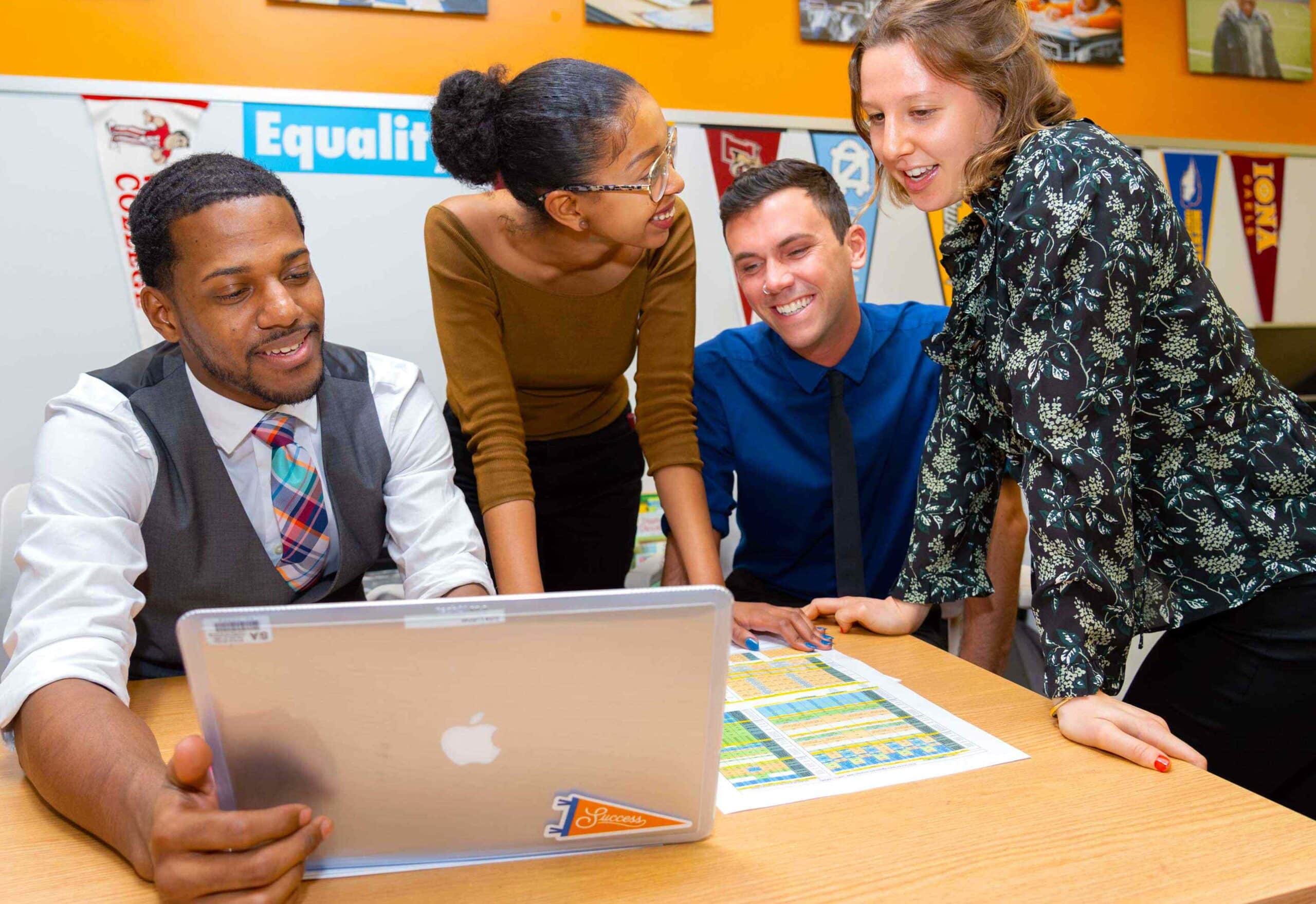During the year, scholars will bring the past to life through projects and historical simulations. In Year 1, projects often culminate in artwork and creative writing, such as creating a memorial for enslaved Africans or a colonial political cartoon. In Years 2 and 3, scholars increasingly engage in multiday research projects from a menu of topics and present their findings to their peers.
In addition, scholars will engage in historical simulations and structured role-plays, such as a mock constitutional convention or a senate debate over the Compromise of 1850.
Projects and simulations are a critical part of inquiry-based teaching and learning. These lessons:
- Require scholars to apply their knowledge of big ideas in history in a creative, engaging context;
- Give scholars an opportunity to showcase and present their learning to their peers and families at school events throughout the year.
You will use the Four-Point PBL Rubric to evaluate projects in History.
